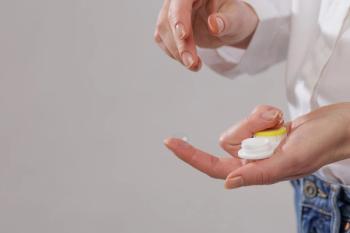
Irish researches find potential therapy for wet AMD
Scientists at Trinity College Dublin have found that a component of the immune system suppresses the production of damaging blood vessels behind the retina, which could aid in the treatment of wet age-related macular degeneration, according to research recently published in Science Translational Medicine.
Dublin, Ireland-Scientists at Trinity College Dublin have found that a component of the immune system suppresses the production of damaging blood vessels behind the retina, which could aid in the treatment of wet age-related macular degeneration, according to
In pre-clinical models, the component, IL-18, could be administered in a non-invasive way, which the researchers say could be a major improvement to the current therapeutic options available to AMD patients.
“We were initially concerned that IL-18 might cause damage to the sensitive cells of the retina, because it is typically linked to inflammation. But, surprisingly, we found that low doses had no adverse effects on the retina and yet still suppressed abnormal blood vessel growth,” says Sarah Doyle, assistant professor of immunology at Trinity.
Current treatment options for wet AMD include regular injections of antibiotics mad directly into the eye to prevent vascular endothelial growth factor (VEGF) toward the end stages of the disease. Researchers found that IL-18 directly inhibits VEGF production, and that it can work as effectively as the current treatment when administered via a non-invasive intravenous injection in pre-clinical settings.
Newsletter
Want more insights like this? Subscribe to Optometry Times and get clinical pearls and practice tips delivered straight to your inbox.





























